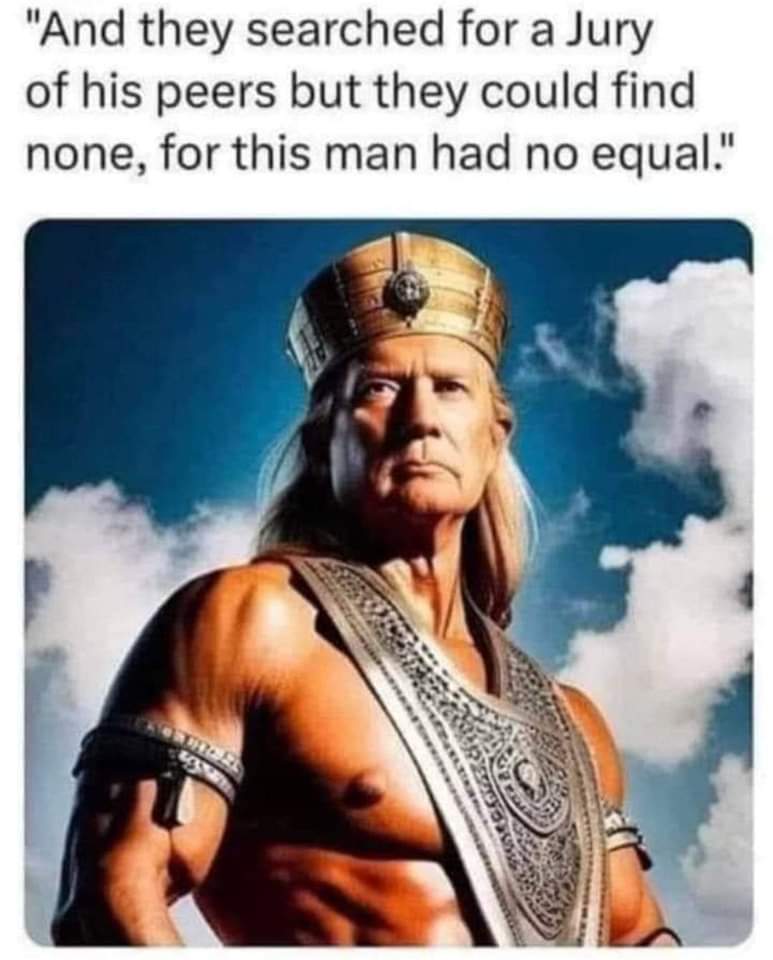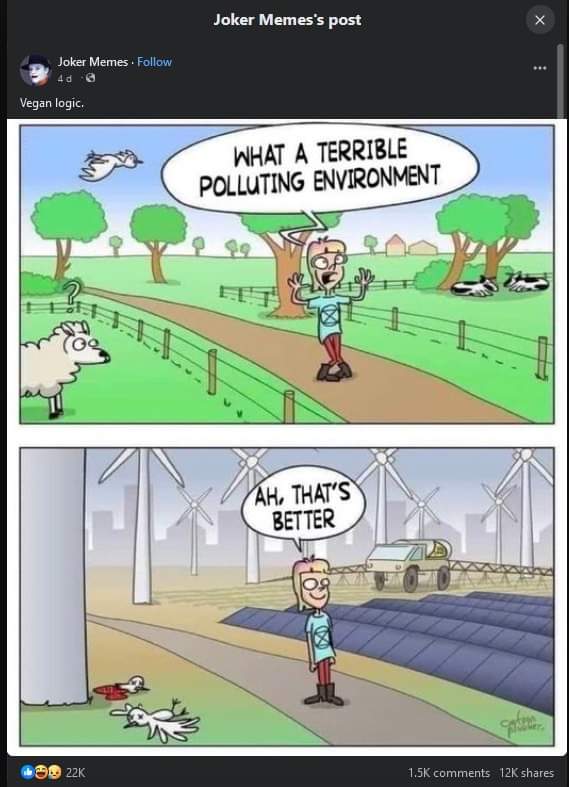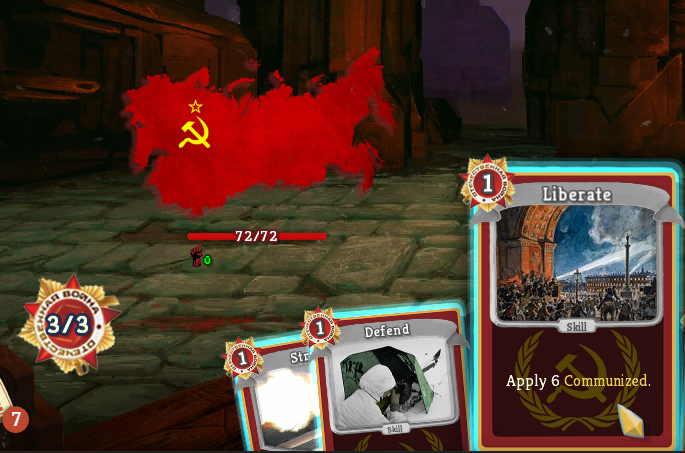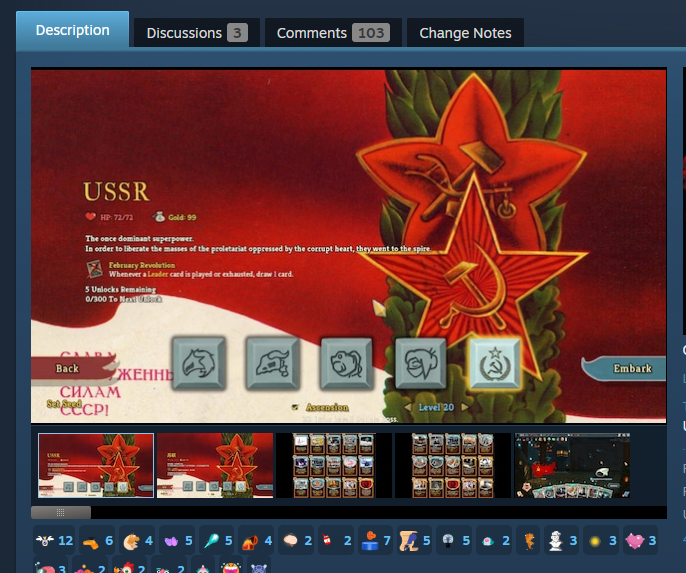idk where to put this. Want to type.
So periodically there comes a discussion about whether nationalism is good or bad or a tool that can be used, and certainly we can see a difference between, say, the white nationalism present in the USA or Germany, or the nationalism present in, um, Palestine, as a means of thought and motivating people to political action.
I think part of the problem is Nationalism isn't clearly defined. Partly deliberately so; many national myths refer to their past as an eternal metaphysical history. Germany (well, Deutsch Volkishness) has always existed, at least to prior to when anything relevant mattered. But also Nationalism evolved from forced categorisation of what were very fluid social relations between rural communities and cities. And really, that's what I want to focus on.
Nationalism evolved from these relations, but then spread outside of that context (to where rural feudal relations to cities wasn't the defining factor of power). And compared to aristocratic relations, nations have a lot more power. Just to head out some definitions:
Aristocracy: The aristocracy is a class that derives its power from personal martial prowess. The root of the word comes from "chariot rider", but things like feudal and fief come from the "grain lord". If you were able to have enough personal strength (with your friends) and elite weapons etc. you can control the inflows and outflows of food to the granary. This is largely derived from agrarian relations, but you can see this in pastoral peoples too. There is an upper class, through access to food and leisure time, are more powerful warriors than the lower class, and thus can limit the horizons of the lower class's actualisation. In jest, I call this the politics of "Large Adult Sons", which stretches from prior to agrarian sedentary societies to very recently (liberalism, gunpowder, capitalist etc).
Nationalism: Do not ask a nationalist this. They will have a shitty definition unless they are brutally and indifferently honest. The UN offers a shared culture, language, and territorial history definition that works ok but doesn't really explain any "why"s. It also doesn't explain why Bavarian nationalism is less valid than German nationalism (and many other such cases), even though it purports to mediate conflicts between nations.
My own exploration of nationalism involves a bunch of different sources. First is where it comes from; the enriching of cities and the Merchant/Guild class during the enclosure of the commons. Second is Europe's diverse (as in... Not allied) polity allowing different cities to have different allegiances without too hard to enforce borders (rivers and mountains) while still having numerous wars, this is explored by Caspar Hirschi and Jared Diamond among others (to varying degrees of plausibility). Lastly is Europe's colonial period, which roughly coincides with the first "current" enclosure movement which has resulted in our current property pedigree (i.e. land owned in the UK in 1500 is valid now, compared to land owned in the same time period in Africa, the Americas, Asia, or Eastern Europe, and hypothetically could be sold for modern dollars). These combine as a part of property and labour relations that have been handed to us over 600 or so years.
Nationalism as a result of the Enclosure Movement and the Great Migration to Cities
So I've commented here before that prior to nationalism, there must have been great variation in rural areas. Not only this, but the population proportions between rural areas and urban areas was more in favour of rural (let's say rural areas are areas where agriculture is the primary industry and are largely self-sustaining were urban areas to collapse, not a great definition but good enough for now). If we look at the variation in accents in rural areas in the UK, it is massive. I hypothesise that this is the last relic of what was otherwise massive cultural variation in rural areas. These areas were illiterate so not much evidence exists. Some French author discussed this in the context of France and Paris. I will also say these areas weren't some shangri la of Queer identities or whatever, they were likely still very patriarchal, largely a combination of Christian and European Animist...
As agricultural technology develops, the rural labouring class (peasantry) has much more idle time. They had more idle time than we do now to begin with, though there were some hard months of planting, weeding etc. Idle time is obviously not great for the Aristocracy, though I don't know if this is what motivated the first enclosures. What did happen with enclosures is that the peasantry slowly lost their ability to directly support themselves (especially after taxes). Thus, a portion of the peasantry began to migrate to the cities to find work, both to sustain themselves and to pay for their family's taxes and food. The city classes (Merchants, Artisans, other odds and ends) had a massive opportunity.
This migration is the first forms of nationalism that we see in Europe, at least that we'd recognise. While some peasants were able to afford proper housing as they became the proletariat, most were stored in filthy barracks-like conditions, and were constantly bombarded with the dictates of the nascent Capitalist class. Obviously, you had to pay rent and buy bread, and getting money for that required working in factories. But you'd likely be renting from those same capitalists, buying bread from those same capitalists etc. The new partially formed class of Capitalists employed this new partially formed class of Proletarians (urban workers), and thus had immense power to dictate the culture of Proletarians. The Proletarians, even as their connection to their peasant families, sent their culture outwards to their families that they sent money to and brought in new labour from.
Thus, nationalism gets seeded as the culture of the connection between major trading cities and the rural communities that they drew cheap labour from. Specifically, the local business class that is empowered by such a migration.
Now, you might think to yourself, my country of Australia or the USA doesn't feel like that, historically. Or, perhaps, India (to take a non-settler colonial example). However, once Nationalism is formed, with its attendant demographics and agricultural/communication technologies, it is very powerful, and migrates itself to other communities.
Certainly, once nationalism had established itself in the 18th and 19th century, every great power (whatever their organisation structure) would have noted that nations states could muster armies of hundreds of thousands while each Aristocratic lord would be lucky to have a few thousand peasants under his arms during a levy.
This migration and development of Nationalism occured well before "nationalism" was codified. The word itself is a late 18th century invention, but the culture it developed happened for centuries before that.
I'd also like to point out that sometimes this process was explicit, but a lot of the time it would be the natural consequence of the migration, power, and the relationship between urban and rural communities.
After Nationalism is codified and understood to be a "thing", even though no one person necessarily knew where it came from or what it was, it's easy to model other societies off of it. It is also easy (relatively speaking) to control; the British used nationalist ideas to divide and conquer territories. It wasn't that there weren't conflicts between communities, up to the point of slavery and genocide depending on the century, but that the British could draw a line between Hootoos and Tootsies and instill the powerful members of their society with a certain vigour to defend their interests (those powerful members being what we'd today call "small business owners" generally)
This also explains the divide between national and international capital. National capital, however much it wants to secure its position internationally, at the moment is tied to the local trading centers (aka cities). It is also a lot more numerous than international capital. While in a material sense, international capital holds more cards and can knee-cap national capital, culturally for a nation national capital ranges from a local fish and chips store owner to a farming conglomerate, and has much more capacity to define the culture of a nation. This rears its ugly head in fascism as capital as a whole gets threatened, but is constantly present in Capitalism.
(probably hitting the character limit here)







Was there like... A specific date when every right wing nerd got a beard?